Capital Projects and Infrastructure Publications

October 2021
Achieving net-zero infrastructure
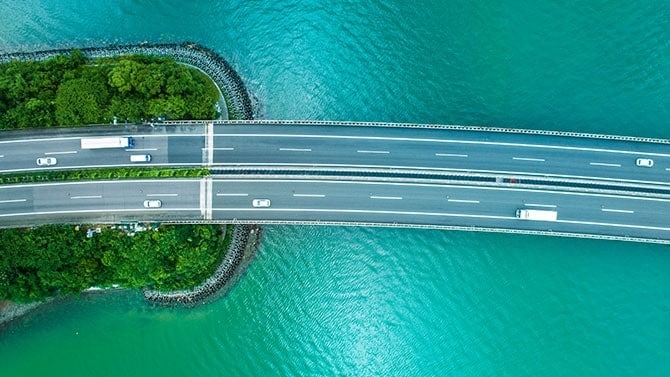
June 2020
Global Infrastructure Trends

March 2020
Five actions can help mitigate risks to infrastructure projects amid COVID-19

February 2020
Increasing private sector investment into sustainable city infrastructure
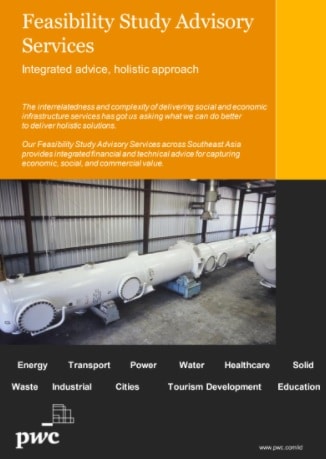
2019
Feasibility Study Advisory Services: Integrated advice, holistic approach
The integrated financial and technical advice for capturing economic, social, and commercial value across Southeast Asia.
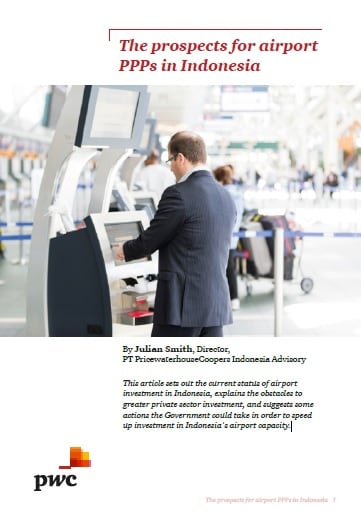
September 2018
The Prospects for Airport PPPs in Indonesia
This article sets out the current status of airport investment in Indonesia, explains the obstacles to greater private sector investment, and suggests some actions the Government could take in order to speed up investment in Indonesia's airport capacity.
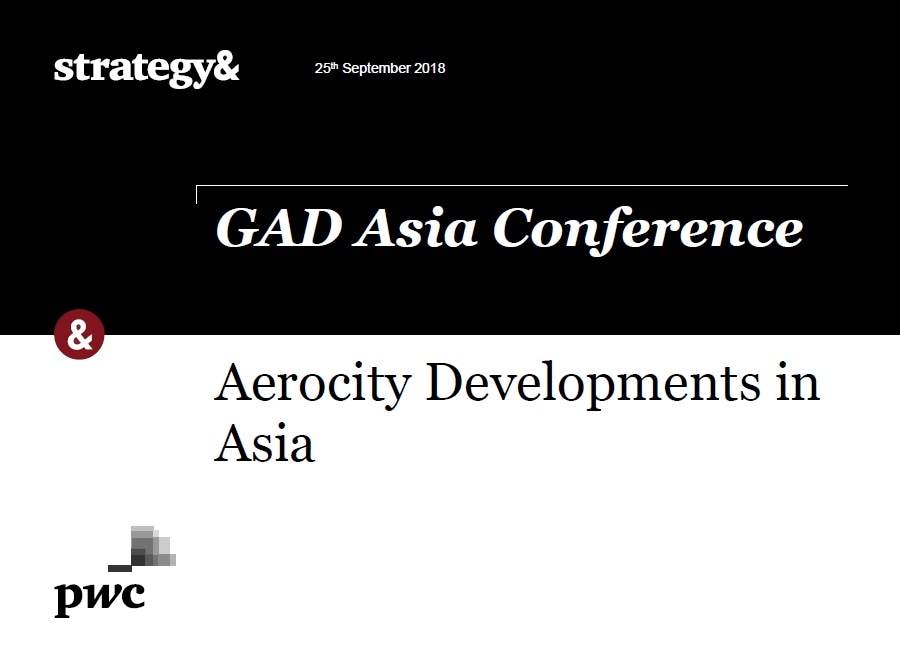
September 2018
Aerocity Developments in Asia
Air traffic is growing quickly in South East Asia which needs the urgency to upgrade infrastructure to accommodate new flights in the region. The presentation sets out the importance of a market-led approach on the Aerocity Developments in Asia.
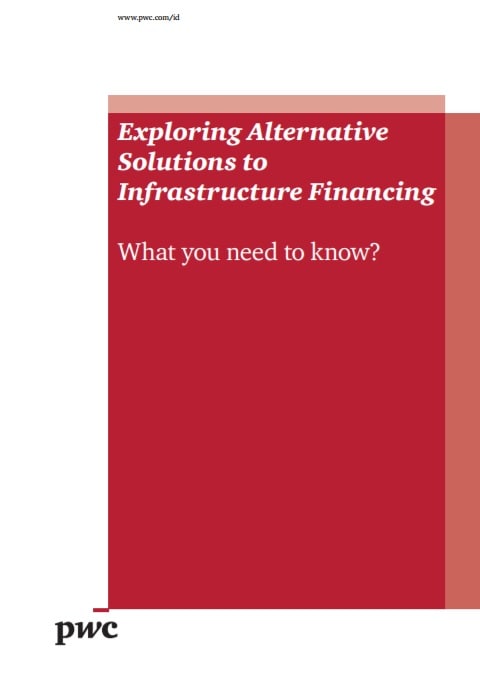
November 2017
Exploring Alternative Solutions to Infrastructure Financing
The Government has injected equity funding into state-owned enterprises in order to fund infrastructure projects, but it has acknowledged that this is a short-term measure, which cannot be financed only by the state budget. Accordingly, efforts have been made to secure funding from international development agencies including local authorities’ introduction of several regulatory reforms in the hope of creating a more conducive environment for private sector participation in the infrastructure financing.
Several investment financing schemes have emerged, both direct and market-based, each of which has its own set of characteristics and implications for lending or investment portfolios. This paper highlights key considerations that may be taken into account in the design and structure of the financing schemes and how it affects the financial reporting as well as its tax consequences.
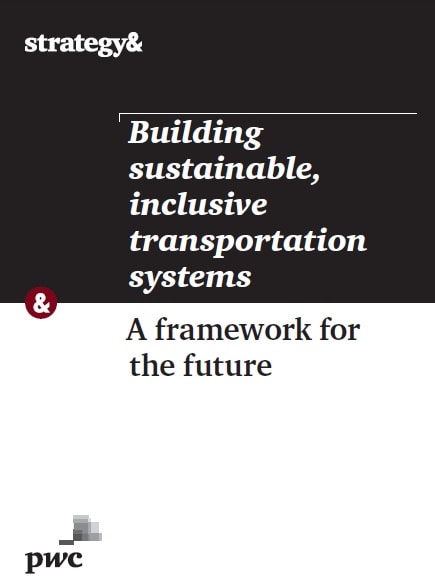
August 2017
Building sustainable, inclusive transportation systems: A framework for the future
This new report lays bare the need for a collaborative and tech-savvy approach to developing sustainable and inclusive transport systems. It also outlines the inherent risks for developing and developed nations alike if they fail to do so. This report is targeted to transport policy makers, transport planners, public and private investors into transport systems as well as transport operators, such as ground transport, port or airport operators.
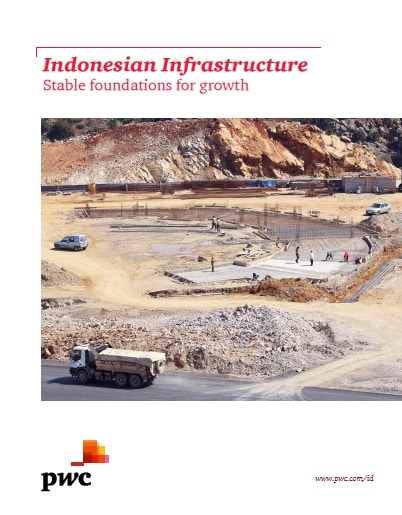
September 2016
Indonesian Infrastructure: Stable foundations for growth
Infrastructure continues to be a top priority for President Joko Widodo’s administration. There has been real progress in these areas in the last year. But there remain several key success factors for the infrastructure program:
- Continued improvement in the investment climate.
- Better coordination within and between government institutions.
- Reduced reliance on SOEs and leverage of private sector funding.
- Capacity building in project preparation and procurement and a new emphasis on finding, training and motivating talented people to manage the projects.
Video: watch our experts discussing this subject
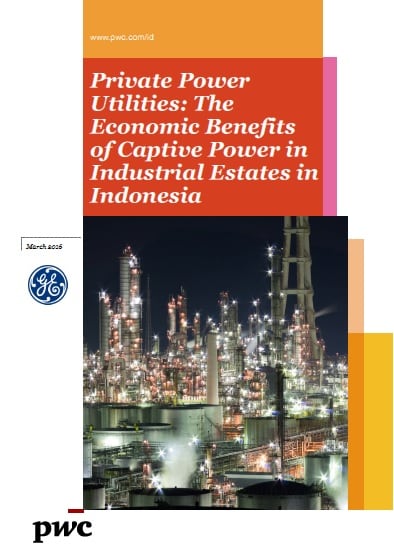
March 2016
Private Power Utilities: The Economic Benefit of Captive Power in Industrial Estates in Indonesia
GE Operations Indonesia (“GE”), in conjunction with PwC Indonesia, has produced a report on Private Power Utilities in Industrial Estates to understand their economic benefits.
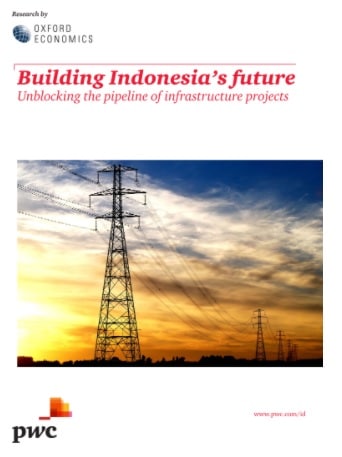
September 2015
Building Indonesia's Future: Unblocking the Pipeline of Infrastructure Projects
This report from PwC with research by Oxford Economics forecasts through 2025 capital project and infrastructure spending by country for investors, public officials and companies planning capital investments.
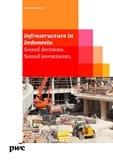
June 2015
PwC’s Infrastructure Capabilities
The Indonesian Government has established a number of institutions and regulations to support Public Private Partnerships as well as increased the public budget for infrastructure. In this document we take a look at some of the key drivers of future infrastructure growth.
Contact us















